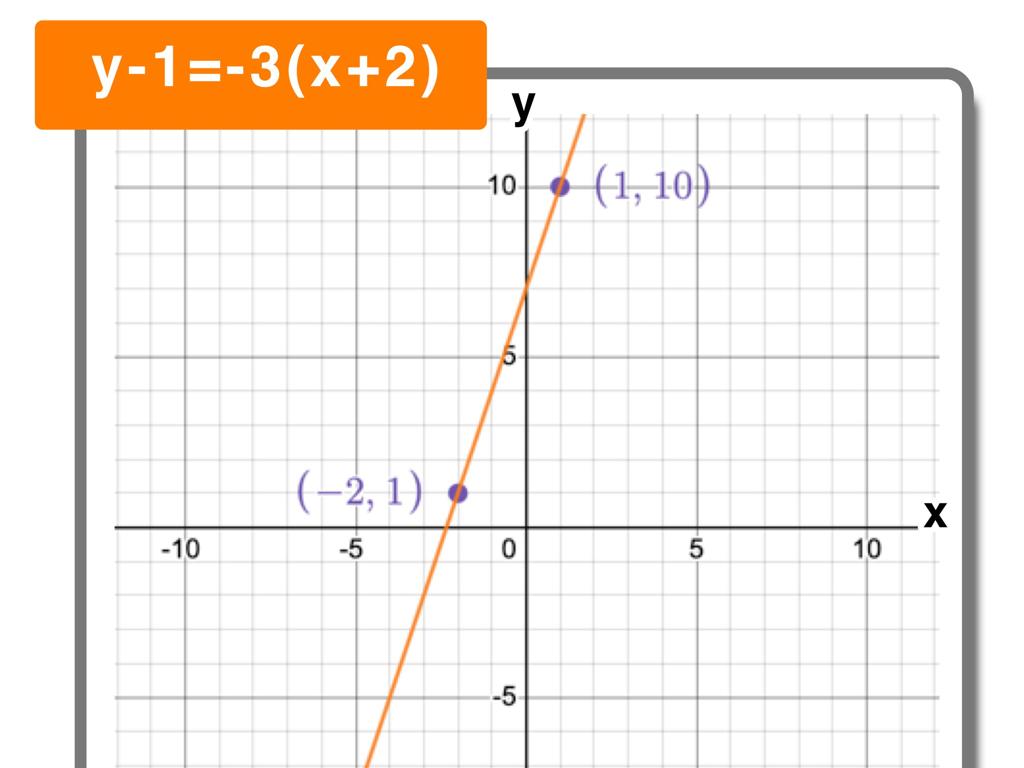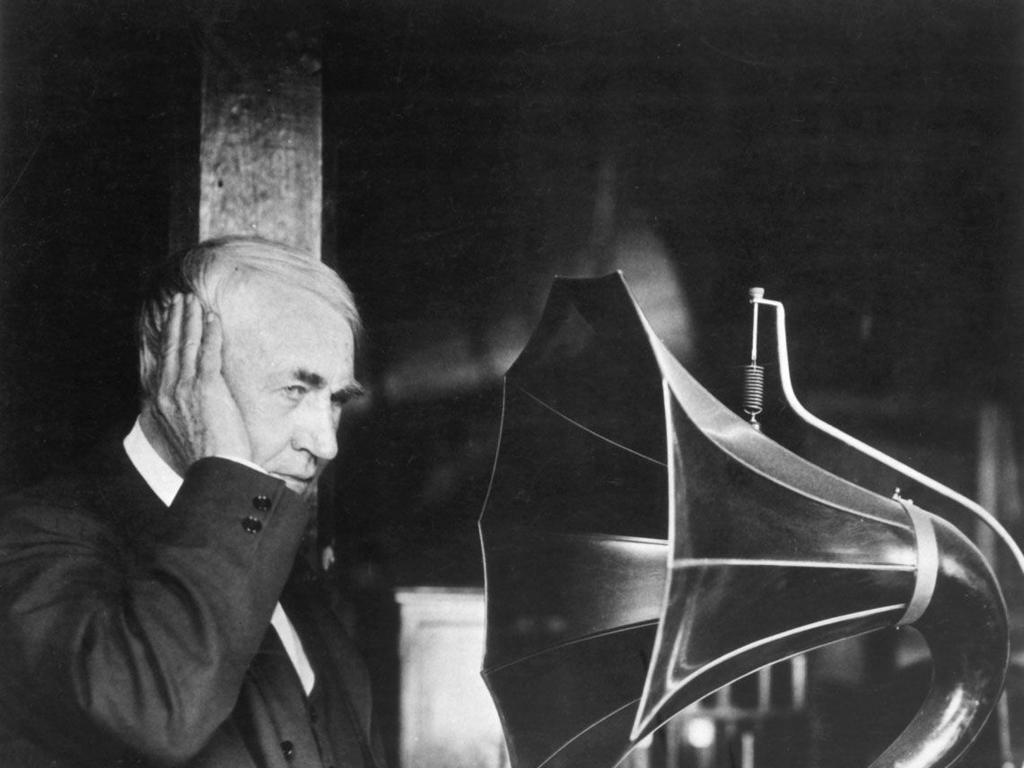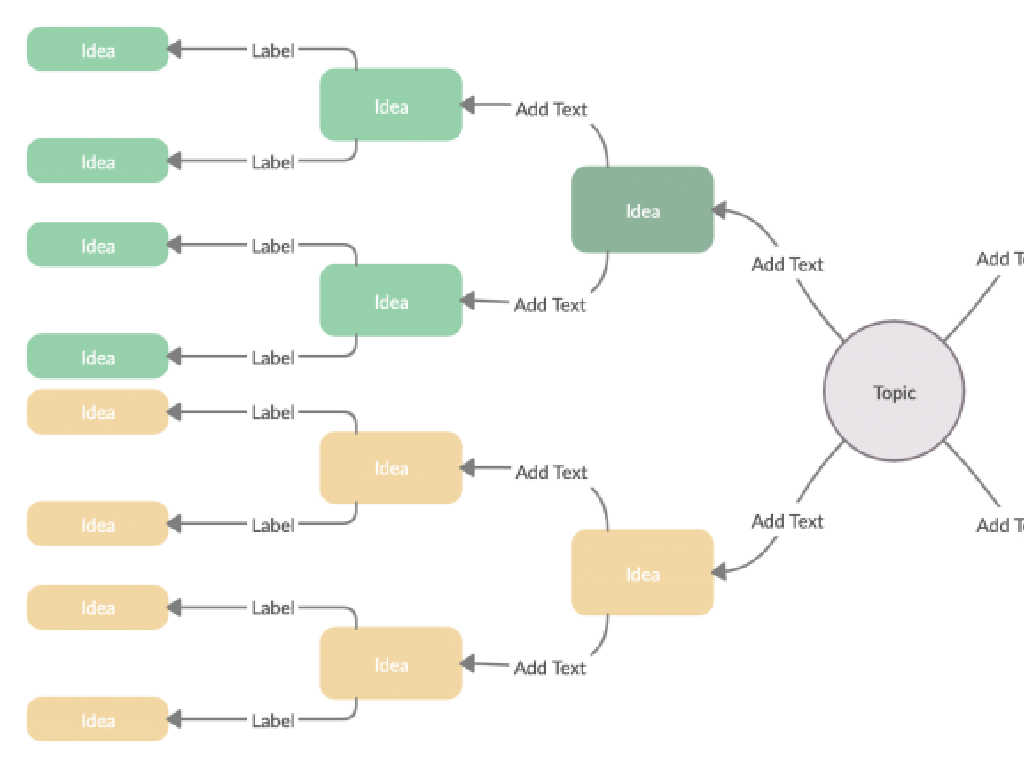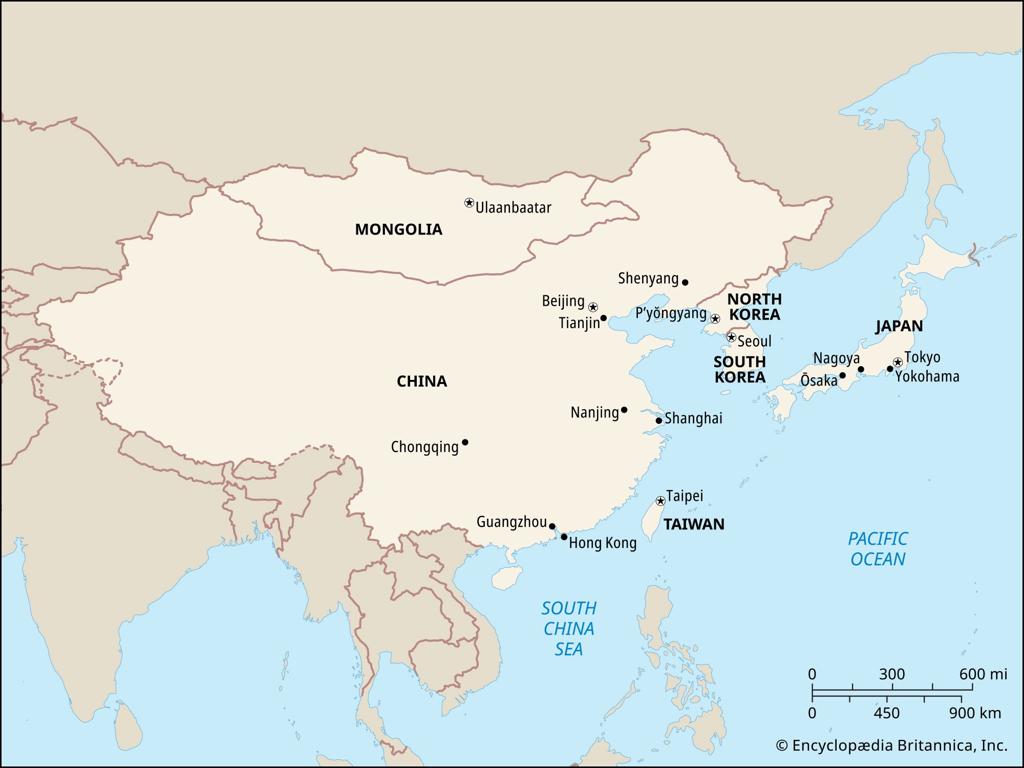Jacksonian Democracy
Subject: Social studies
Grade: Eighth grade
Topic: The Jacksonian Period
Please LOG IN to download the presentation. Access is available to registered users only.
View More Content
Welcome to Jacksonian Democracy
– Explore the Jacksonian Period
– Era of President Andrew Jackson’s influence on politics and society
– Democracy’s role in U.S. history
– How democracy evolved during the early 19th century
– Overview of today’s lesson
– Learning objectives
– Understand key principles and events of the Jacksonian era
|
This slide introduces students to the era of Jacksonian Democracy, a time when Andrew Jackson’s presidency brought significant changes to American politics and society. Emphasize the importance of this period in shaping the concept of democracy in the United States. The lesson will cover the main aspects of Jacksonian Democracy, including the expansion of suffrage, the spoils system, and the Indian Removal Act. By the end of the lesson, students should be able to identify key events and figures of the era, understand the impact of Jackson’s policies on different groups, and discuss the evolution of democracy during this pivotal time in U.S. history.
Who Was Andrew Jackson?
– Andrew Jackson’s early life
– Born in poverty, became a war hero
– Jackson’s ascent to presidency
– From military to the White House
– ‘Common Man’ political stance
– Emphasized equality in political participation
– Jacksonian Democracy impact
|
Andrew Jackson, the seventh President of the United States, had a significant impact on American politics. Born into poverty, he rose to national fame as a military hero before becoming president. His presidency marked the rise of the ‘common man’ in American politics, as he believed in the equal opportunity for political participation, challenging the elite class’s hold on government. Jacksonian Democracy expanded voting rights for white men and emphasized the importance of the majority rule. Discuss how his background may have influenced his political views and policies. Highlight the shift in political power during his presidency and how it reflected the changing American society.
Principles of Jacksonian Democracy
– Expanded suffrage for citizens
– More white men could vote, regardless of property ownership
– Implemented the Spoils System
– Government jobs were given to political supporters as rewards
– Advocated Laissez-Faire economics
– Belief in minimal government interference in the economy
– Opposed the National Bank
– Jackson believed the Bank favored a wealthy few and was unconstitutional
|
Jacksonian Democracy marked a shift towards greater democracy for the common man and away from the previous elitist policies. It was characterized by the expansion of suffrage, allowing more white men to vote, even if they didn’t own property. The Spoils System was a practice where incoming political parties replaced government employees with their own supporters to consolidate power. Jackson’s Laissez-Faire approach to economics favored minimal government intervention, which he believed would lead to greater economic freedom and prosperity. His opposition to the National Bank was rooted in his view that it was an institution that benefited the wealthy elite at the expense of the average citizen and that it had too much control over the economy. These principles were key to understanding the political and social changes during the Jacksonian era. Encourage students to discuss how these principles might apply today and to consider the positive and negative effects of such policies.
The Indian Removal Act of 1830
– Overview of the Indian Removal Act
– A law passed to relocate Native Americans.
– Impact: Trail of Tears
– Forced migration causing suffering and death.
– Act’s controversies and conflicts
– Debates on the Act’s morality and legality.
– Reflection on Native American Tribes
– Consider how tribes were affected by the Act.
|
This slide aims to educate students on the Indian Removal Act of 1830, a significant and somber event in American history. The Act led to the forced relocation of Native American tribes, most notably resulting in the Trail of Tears, where thousands of Native Americans suffered and many perished. Discuss the controversies that arose from this Act, including the legal and moral conflicts it presented. Reflect on the profound impact this had on the Native American tribes, their culture, and their way of life. Encourage students to think critically about the consequences of the Act and to empathize with the affected tribes.
Assessing Jackson’s Legacy
– Impact of Jackson’s policies
– Analyze how his decisions affected the nation
– Jackson: The Good and The Bad
– Weigh his achievements against the controversies
– Jacksonian Democracy’s influence
– Explore how his ideals extended beyond his term
– Shaping the U.S. future
|
This slide aims to provide a balanced perspective on Andrew Jackson’s presidency and how his policies and the broader concept of Jacksonian Democracy influenced the United States. Discuss the significant impacts of his decisions, such as the Indian Removal Act and his stance on the National Bank. Contrast these with positive reforms like extending voting rights. Highlight how Jacksonian Democracy promoted the strength of the presidency and the idea of a government for the people, setting precedents that would shape the nation’s political landscape. Encourage students to think critically about historical figures and understand that legacies are complex, often with both positive and negative aspects.
Class Activity: Debating Jacksonian Democracy
– Divide into Pro-Jackson and Anti-Jackson teams
– Research and present Jackson’s policies
– Focus on policies like the Indian Removal Act, veto of the National Bank, etc.
– Engage in open floor discussion
– Listen to opposing views and ask questions
– Rebuttal session to challenge arguments
– Defend your position with evidence
|
This activity is designed to engage students in a debate format to explore the complexities of Andrew Jackson’s presidency. By dividing the class into two groups, students will delve into historical research to understand the arguments for and against Jackson’s policies. Encourage each team to present well-structured arguments and to use primary sources for supporting evidence. The open floor discussion and rebuttal sessions will allow students to practice critical thinking and public speaking skills. As a teacher, facilitate the debate to ensure a respectful and constructive environment. Possible activities for different students could include role-playing historical figures, creating visual aids to support their arguments, or writing a brief essay from their assigned perspective.
Reflecting on Jacksonian Democracy Today
– Modern traces of Jacksonian Democracy
– Consider how populism and voter participation have roots in this era.
– Jacksonian impact on politics
– Think about the Democratic Party’s evolution and political campaigning.
– Share your insights
– Engage in class discussion
– Listen to different perspectives and form a well-rounded view.
|
This slide aims to foster critical thinking by connecting historical concepts to contemporary issues. Students should reflect on the lasting effects of Jacksonian Democracy, such as the rise of populism and increased voter engagement. Discuss how Andrew Jackson’s approach to politics laid groundwork for modern political strategies and party evolution. Encourage students to share their thoughts and listen to others to develop a comprehensive understanding of the topic. As a teacher, facilitate the discussion by providing examples and guiding questions, ensuring a respectful and productive conversation.
Homework: Effects of the Indian Removal Act
– Write a one-page essay
– Focus on the Indian Removal Act effects
– Explore the impact on Native American tribes
– Include three sources for support
– Use books, articles, or reputable online resources
– Submit by the next class session
|
This homework assignment aims to deepen students’ understanding of the Indian Removal Act’s consequences on Native American communities and the broader implications for American history. Encourage students to consider the social, political, and economic effects of the Act. They should look for varied sources, such as historical texts, eyewitness accounts, and modern analyses, to provide a well-rounded perspective. Remind them to cite their sources correctly and to present a clear argument in their essay. This task will help them develop critical thinking and research skills while learning about a pivotal event in the Jacksonian era.






